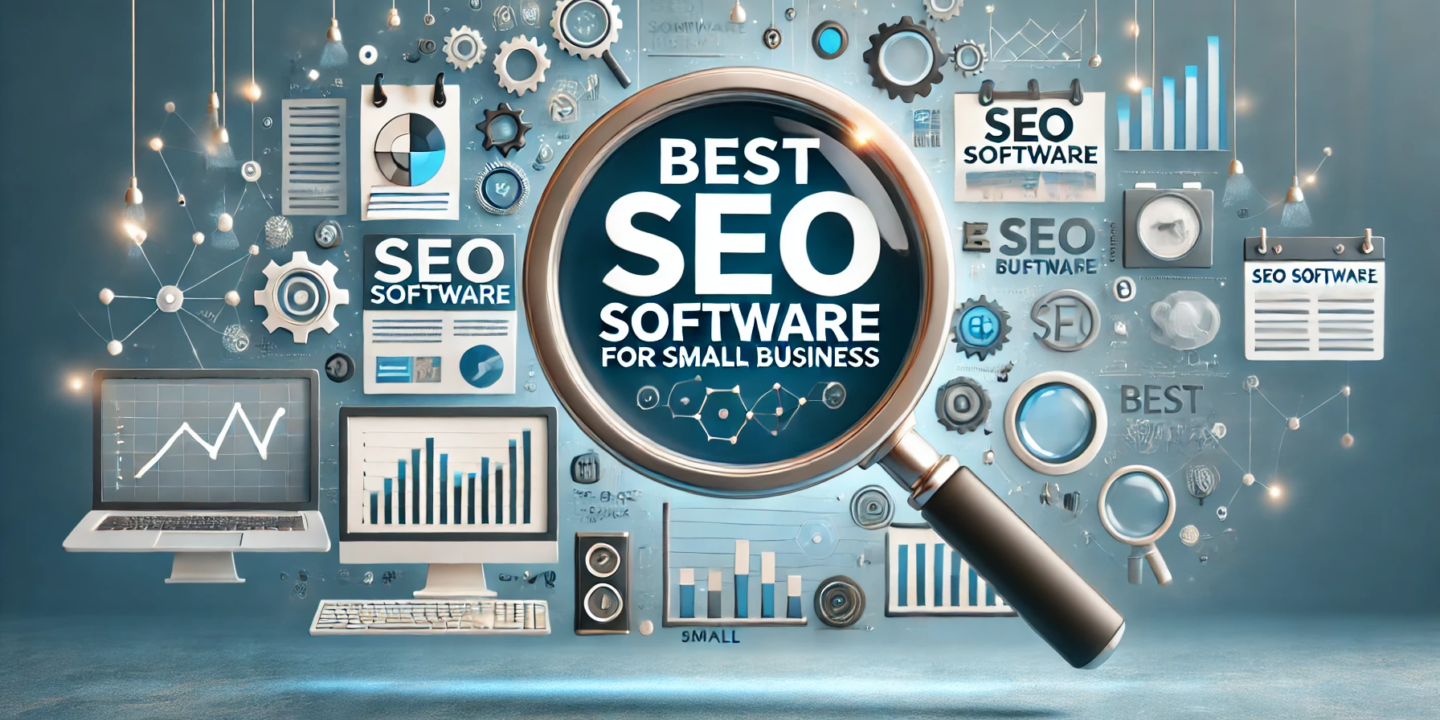
In today’s digital age, having a strong online presence is crucial for small businesses. One of the most effective ways to boost your visibility online is through Search Engine Optimization (SEO). However, SEO can be complex and time-consuming, especially for small business owners who already wear many hats. That’s where SEO software comes in. These tools can help streamline your SEO efforts, making it easier to improve your website’s search engine rankings. In this blog, we’ll explore some of the best SEO software options for small businesses.
What is SEO Software?

SEO (Search Engine Optimization) software refers to tools designed to help businesses improve their online visibility and search engine rankings. These tools assist in various aspects of SEO, including keyword research, site audits, backlink analysis, competitor analysis, rank tracking, and content optimisation. By using SEO software, businesses can identify opportunities to enhance their website’s performance and achieve higher rankings on search engine results pages (SERPs).
Types of SEO Software
- Keyword Research Tools
- Purpose: Identify valuable keywords for targeting in content and campaigns.
- Examples: Google Keyword Planner, Ahrefs, SEMrush, Moz Keyword Explorer.
- On-Page SEO Tools
- Purpose: Optimize individual web pages to rank higher and earn more relevant traffic.
- Examples: Yoast SEO, Screaming Frog, Moz On-Page Grader.
- Technical SEO Tools
- Purpose: Identify and fix technical issues that affect search engine crawling and indexing.
- Examples: Google Search Console, Screaming Frog, DeepCrawl.
- Backlink Analysis Tools
- Purpose: Analyze backlink profiles to understand link-building opportunities and identify toxic links.
- Examples: Ahrefs, Majestic, Moz Link Explorer.
- Rank Tracking Tools
- Purpose: Monitor website rankings for targeted keywords over time.
- Examples: SEMrush, Ahrefs, Serpstat.
- Content Optimization Tools
- Purpose: Optimize content for SEO by analysing readability, keyword usage, and other factors.
- Examples: Clearscope, Surfer SEO, MarketMuse.
- Local SEO Tools
- Purpose: Improve visibility in local search results and manage local business listings.
- Examples: BrightLocal, Moz Local, Whitespark.
- Competitive Analysis Tools
- Purpose: Analyze competitors’ strategies to identify strengths and weaknesses.
- Examples: SEMrush, Ahrefs, SpyFu.
- Analytics and Reporting Tools
- Purpose: Track and report on SEO performance metrics.
- Examples: Google Analytics, Google Data Studio, Matomo.
- All-in-One SEO Suites
- Purpose: Provide a comprehensive set of tools for various SEO activities.
- Examples: SEMrush, Ahrefs, Moz Pro.
Why SEO Software is Important for Small Businesses?

- Improves Online Visibility
SEO software helps small businesses improve their online visibility by optimising their websites for search engines. This leads to higher rankings in search results, making it easier for potential customers to find them.
- Cost-Effective Marketing
SEO software provides a cost-effective way for small businesses to market themselves. It eliminates the need for expensive advertising campaigns and allows businesses to focus on organic search traffic.
- Competitive Edge
By using SEO software, small businesses can compete with larger companies in their industry. It enables them to identify and target the right keywords, analyze competitors’ strategies, and adapt their own SEO tactics accordingly.
- Targeted Traffic
SEO software helps small businesses attract targeted traffic to their websites. By optimising for specific keywords related to their products or services, they can draw in visitors who are more likely to convert into customers.
- Analytics and Reporting
SEO software offers analytics and reporting features that allow small businesses to track their performance. They can monitor keyword rankings, website traffic, and other key metrics to measure the effectiveness of their SEO efforts.
- Saves Time and Effort
SEO can be a complex and time-consuming process. SEO software automates many of the tasks involved, such as keyword research, site audits, and link building, saving small business owners valuable time and effort.
- Enhances User Experience
SEO software helps improve the overall user experience of a website. It provides insights into site speed, mobile-friendliness, and other factors that affect how users interact with the site, leading to higher engagement and satisfaction.
- Local SEO Optimization
For small businesses targeting local customers, SEO software is essential for optimizing their online presence. It helps them manage local listings, gather reviews, and optimise for local search terms, making it easier for nearby customers to find them.
- Keeps Up with SEO Trends
The world of SEO is constantly evolving. SEO software keeps small businesses updated with the latest trends and algorithm changes, ensuring their strategies remain effective and compliant with search engine guidelines.
- Increases ROI
Investing in SEO software can lead to a higher return on investment (ROI) for small businesses. By driving more organic traffic and conversions, they can achieve long-term growth and success.
10 Best SEO Software for Small Business
Now that we understand the importance of SEO software let us look at the ten best SEO software for small businesses.
Ahrefs
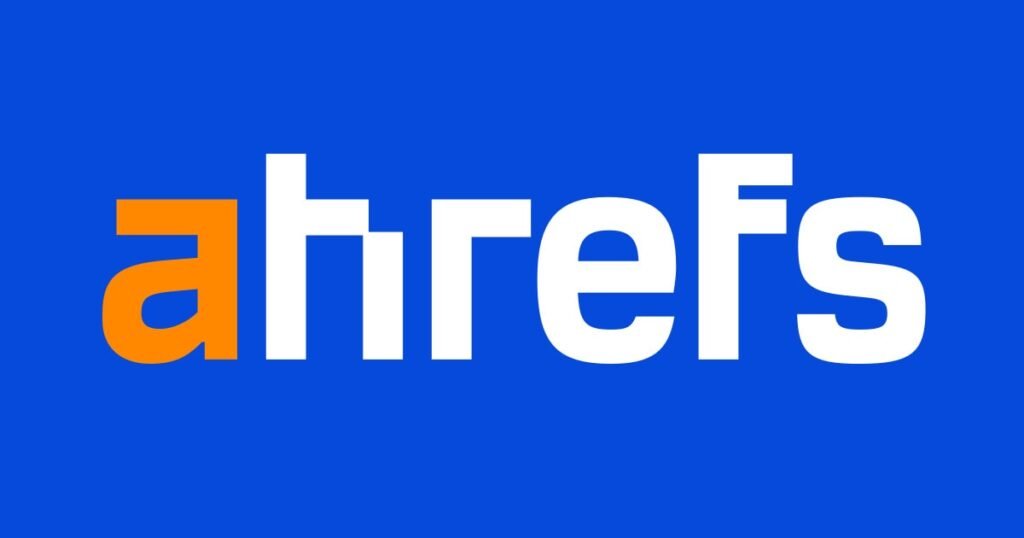
Ahrefs is one of the most popular SEO tools on the market. It offers a comprehensive suite of features that can help small businesses improve their SEO efforts.
Key Features:
- Site Explorer: Analyze your competitors’ websites to see where their traffic comes from.
- Keywords Explorer: Discover new keywords and see how difficult they are to rank for.
- Site Audit: Identify and fix SEO issues on your website.
- Content Explorer: Find popular content in your niche to get ideas for your own content.
Pros:
- Comprehensive data and analytics.
- User-friendly interface.
- Excellent customer support.
Cons:
- Can be expensive for small businesses.
SEMrush

SEMrush is another powerful SEO tool that offers a wide range of features. It’s particularly known for its keyword research capabilities.
Key Features:
- Keyword Research: Find the best keywords to target for your business.
- Site Audit: Identify and fix technical SEO issues.
- Position Tracking: Track your website’s rankings for specific keywords.
- Backlink Analysis: Analyze your backlink profile and identify new link-building opportunities.
Pros:
- All-in-one tool with extensive features.
- Great for competitor analysis.
- Regular updates and new features.
Cons:
- The interface can be overwhelming for beginners.
- Higher pricing plans.
Moz

Moz is a popular choice among small businesses due to its ease of use and comprehensive feature set.
Key Features:
- Keyword Explorer: Discover and prioritise the best keywords for your business.
- Site Crawl: Identify and fix SEO issues on your website.
- Rank Tracking: Monitor your website’s rankings over time.
- Link Explorer: Analyze your backlink profile.
Pros:
- User-friendly interface.
- Comprehensive training resources.
- Strong community support.
Cons:
- Limited data compared to some competitors.
- Can be slow at times.
Google Analytics and Google Search Console
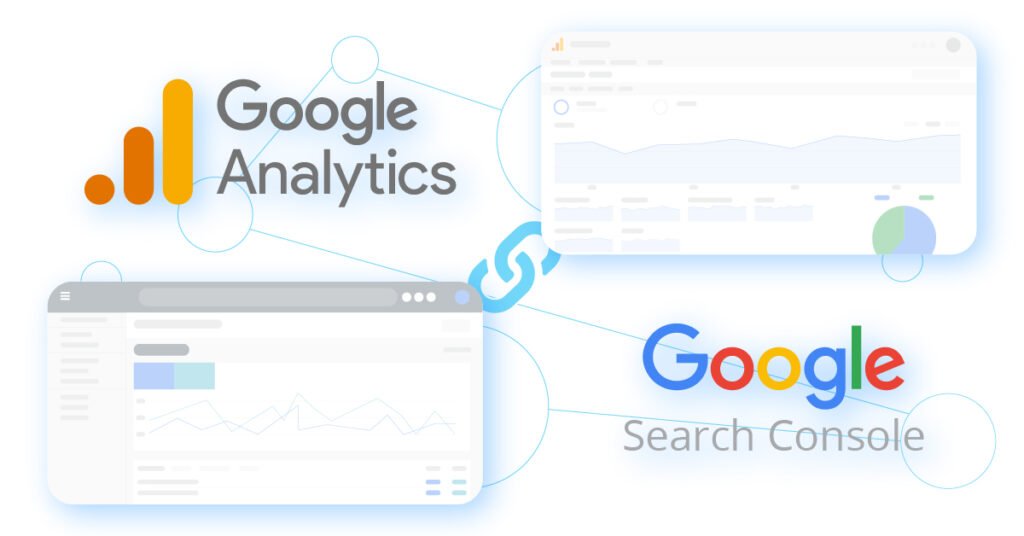
While not traditional SEO software, Google Analytics and Google Search Console are essential tools for any small business.
Key Features:
- Google Analytics: Track website traffic and user behaviour.
- Google Search Console: Monitor your website’s performance in Google Search, identify issues, and submit sitemaps.
Pros:
- Free to use.
- Directly from Google, so it’s highly accurate.
- Provides valuable insights into website performance.
Cons:
- Can be complex to set up and use effectively.
- Limited advanced SEO features.
Yoast SEO (for WordPress)
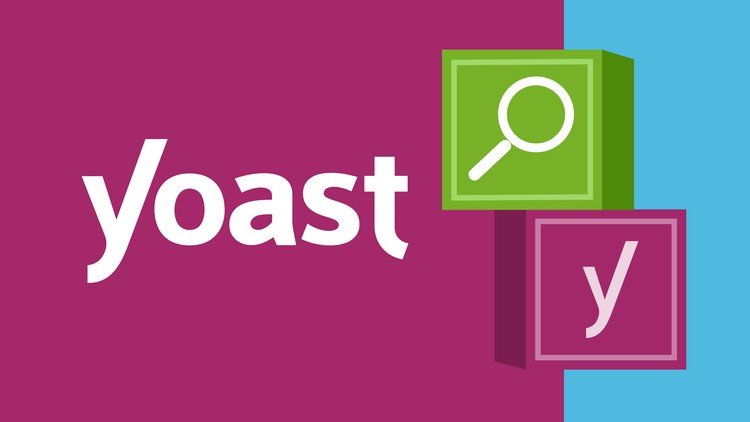
If your website is built on WordPress, Yoast SEO is a must-have plugin. It’s designed to help you optimise your content for search engines.
Key Features:
- Content Analysis: Provides real-time feedback on your content’s SEO.
- XML Sitemaps: Automatically generates and updates sitemaps.
- Meta Tags: Easily add meta tags to your posts and pages.
Pros:
- Easy to use, especially for beginners.
- Integrates seamlessly with WordPress.
- Free version available with essential features.
Cons:
- Limited to WordPress websites.
- Advanced features require a paid subscription.
Screaming Frog SEO Spider
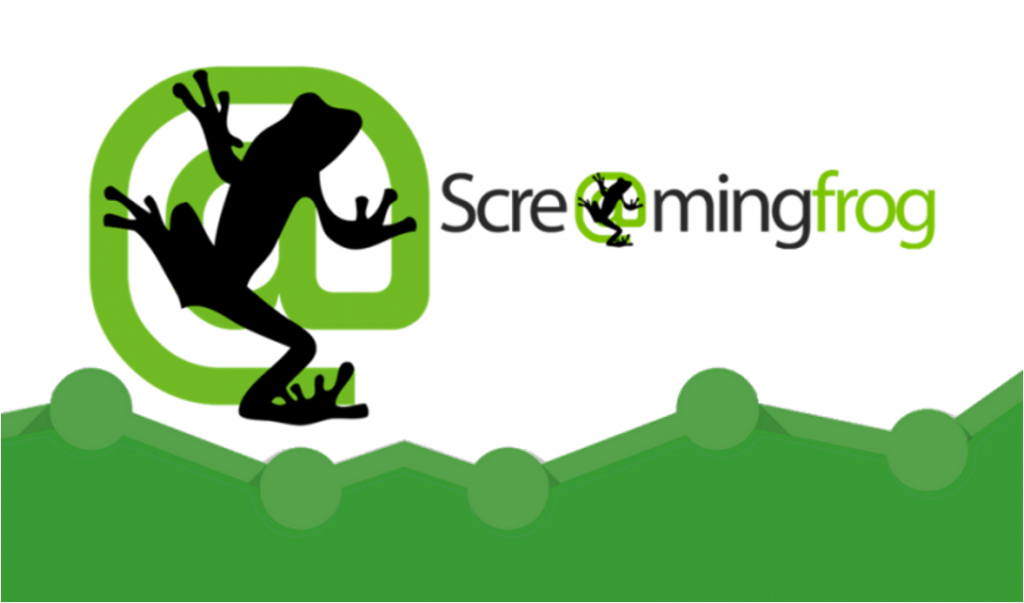
Screaming Frog is a desktop program that crawls your website to identify SEO issues.
Key Features:
- Site Audits: Identify broken links, duplicate content, and other SEO issues.
- XML Sitemaps: Generate XML sitemaps for your website.
- Page Titles and Meta Data: Analyze and optimise page titles and meta descriptions.
Pros:
- Highly effective for technical SEO audits.
- Can crawl large websites quickly.
- Free version available with limited features.
Cons:
- Requires some technical knowledge to use effectively.
- Limited keyword research capabilities.
Ubersuggest
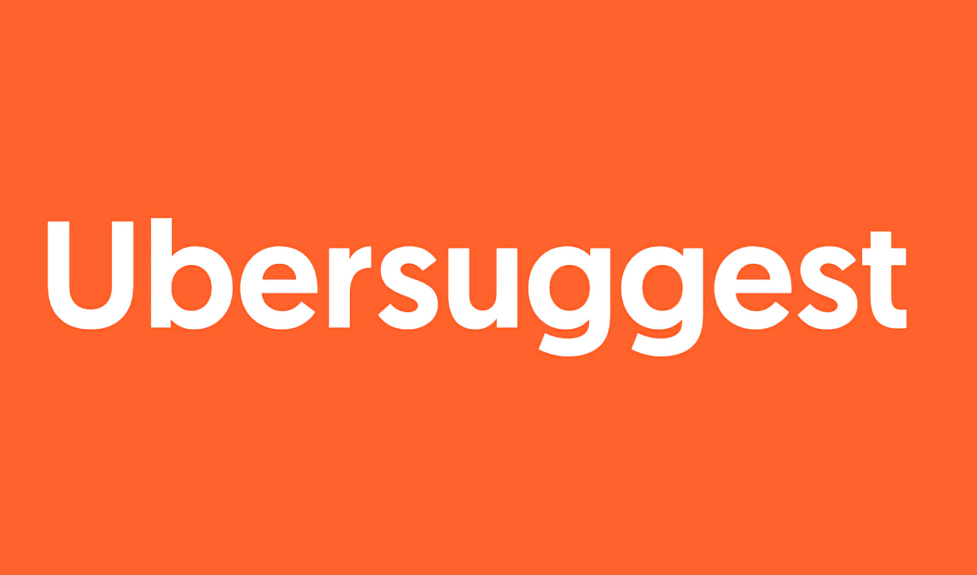
Ubersuggest is a user-friendly SEO tool that offers a variety of features to help small businesses.
Key Features:
- Keyword Research: Find keywords with high search volume and low competition.
- Site Audit: Identify and fix SEO issues.
- Backlink Analysis: Analyze your backlink profile and identify new opportunities.
Pros:
- Affordable pricing.
- Easy to use.
- Regularly updated with new features.
Cons:
- Limited data compared to more expensive tools.
- Some features are less advanced.
KWFinder
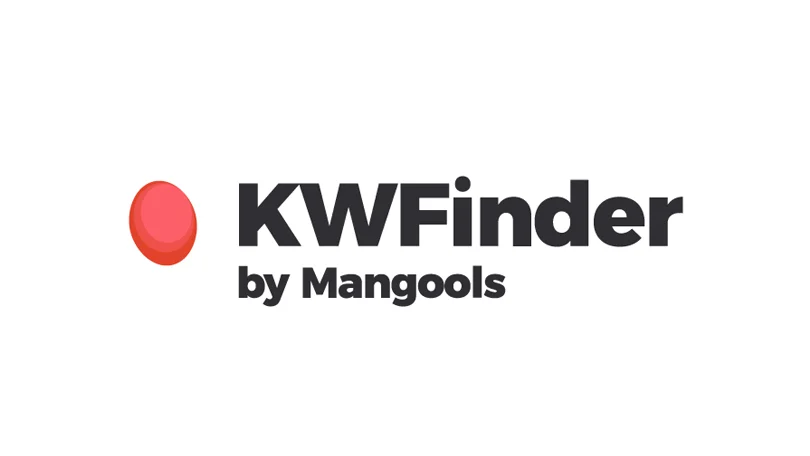
KWFinder is a keyword research tool that helps you find long-tail keywords with low SEO difficulty.
Key Features:
- Keyword Research: Discover long-tail keywords with low competition.
- SERP Analysis: Analyze the top search results for any keyword.
- Rank Tracking: Monitor your website’s rankings over time.
Pros:
- Excellent for finding long-tail keywords.
- User-friendly interface.
- Affordable pricing.
Cons:
- Limited to keyword research and basic SEO features.
- Smaller database compared to competitors.
SE Ranking
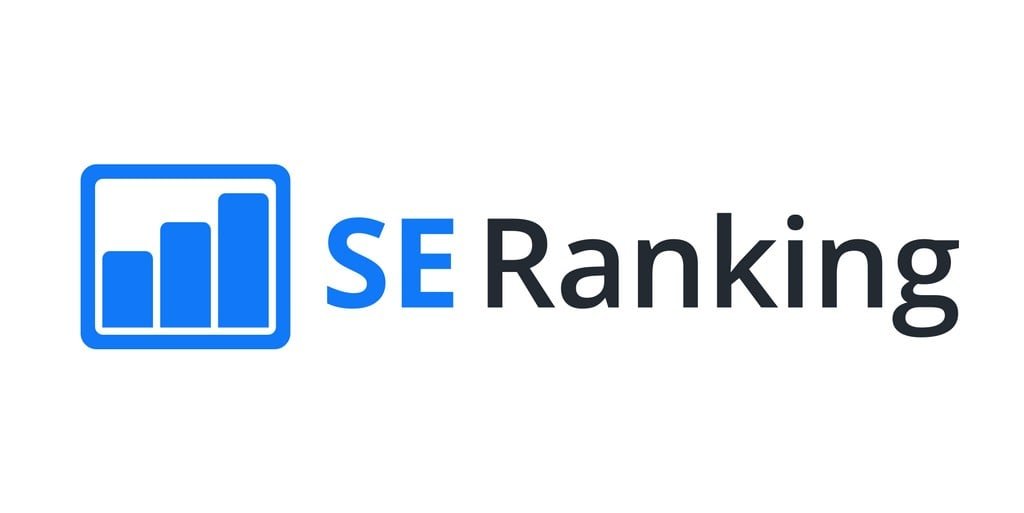
SE Ranking is an all-in-one SEO software that’s great for small businesses.
Key Features:
- Keyword Rank Tracking: Monitor your rankings for multiple keywords.
- Website Audit: Identify and fix technical SEO issues.
- Competitor Analysis: Analyze your competitors’ SEO strategies.
- Backlink Monitoring: Track your backlinks and discover new opportunities.
Pros:
- Comprehensive feature set.
- Affordable pricing.
- Easy to use.
Cons:
- Some features are less advanced than competitors.
- Limited customer support.
SpyFu
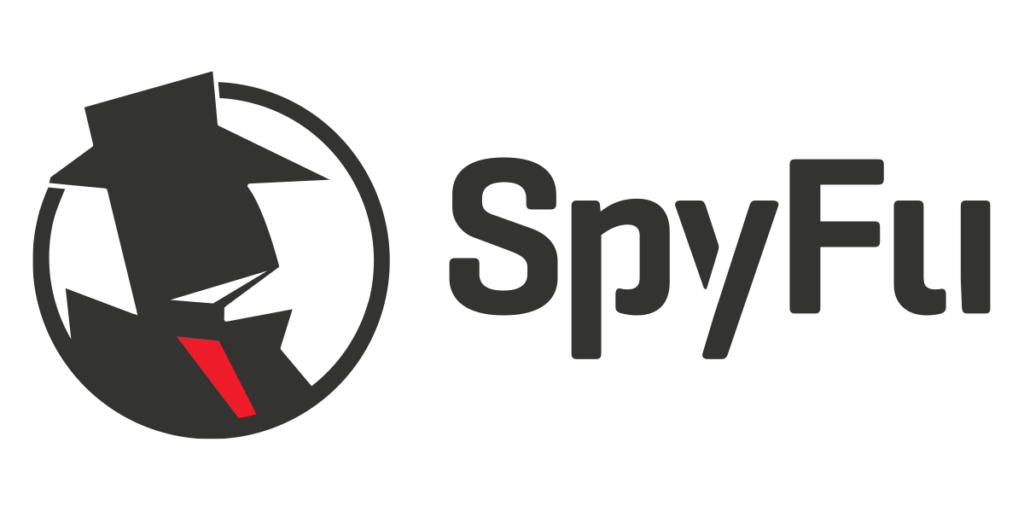
SpyFu is a powerful SEO and PPC research tool that can help small businesses gain an edge over their competitors.
Key Features:
- Competitor Analysis: Discover your competitors’ most profitable keywords.
- Keyword Research: Find the best keywords to target.
- Backlink Analysis: Analyze your backlink profile and find new opportunities.
- AdWords Advisor: Get recommendations for improving your AdWords campaigns.
Pros:
- Excellent for competitor analysis.
- Affordable pricing.
- Easy to use.
Cons:
- Limited features compared to more comprehensive tools.
- Data accuracy can vary.
How to Choose the Right SEO Software for Your Business?
Choosing the right SEO software for your business is crucial for optimising your website’s search engine performance. Here’s a step-by-step guide to help you make an informed decision:
- Define Your SEO Goals
- Identify Needs: Determine what you want to achieve with SEO. Are you focused on keyword research, backlink analysis, rank tracking, or comprehensive site audits?
- Set Objectives: Establish clear objectives such as increasing organic traffic, improving search rankings, or enhancing website performance.
- Determine Your Budget
- Cost Assessment: Evaluate how much you are willing to spend on SEO software.
- Subscription Plans: Compare different pricing plans of various tools and see what features are offered at each price point.
- Research and Compare Options
- Top Tools: Look into popular SEO software like Ahrefs, SEMrush, Moz, and others.
- Feature Comparison: List out the features you need and compare them across different tools.
- User Reviews: Read user reviews and testimonials to understand the pros and cons of each software.
- Consider Ease of Use
- User Interface: Ensure the software has an intuitive and user-friendly interface.
- Learning Curve: Check if the software requires extensive training or if it’s easy to get started with.
- Evaluate Support and Resources
- Customer Support: Look for software that offers robust customer support through chat, email, or phone.
- Educational Resources: Check if the tool provides tutorials, guides, webinars, and other learning resources.
- Assess Integration Capabilities
- Compatibility: Ensure the software integrates well with other tools you are using, such as Google Analytics, CMS platforms, and marketing automation tools.
- APIs: Check if the software provides APIs for custom integrations.
- Trial and Testing
- Free Trials: Take advantage of free trials or demo versions to test the software.
- Performance Metrics: During the trial, measure the performance and effectiveness of the software in achieving your SEO goals.
- Look for Advanced Features
- AI and Automation: Consider tools that offer AI-driven insights and automation to save time and enhance results.
- Reporting and Analytics: Ensure the software provides comprehensive reporting and analytics to track your SEO performance.
- Scalability
- Future Growth: Choose software that can scale with your business as it grows.
- Feature Expansion: Ensure the tool can accommodate advanced features as your SEO needs become more complex.
- Seek Recommendations
- Industry Peers: Ask for recommendations from colleagues or industry experts.
- Case Studies: Look for case studies or success stories of businesses similar to yours that have benefited from the software.
Conclusion
Choosing the right SEO software can make a significant difference in your small business’s online success. Each of the tools mentioned above has its strengths and weaknesses, so it’s essential to consider your specific needs and budget when making a decision.
For small businesses on a tight budget, tools like Google Analytics and Google Search Console are invaluable and free. If you’re looking for more advanced features and are willing to invest, options like Ahrefs, SEMrush, and Moz Pro offer comprehensive solutions. Yoast SEO is a must-have plugin for WordPress users, while Ubersuggest and KWFinder provide affordable keyword research capabilities.
Remember, the best SEO software for your small business is the one that aligns with your goals, provides the features you need, and fits within your budget. By leveraging these tools, you can improve your website’s search engine rankings, attract more organic traffic, and ultimately grow your business.





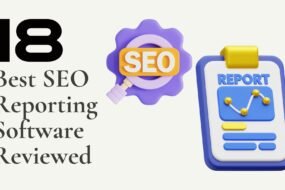


No Comments